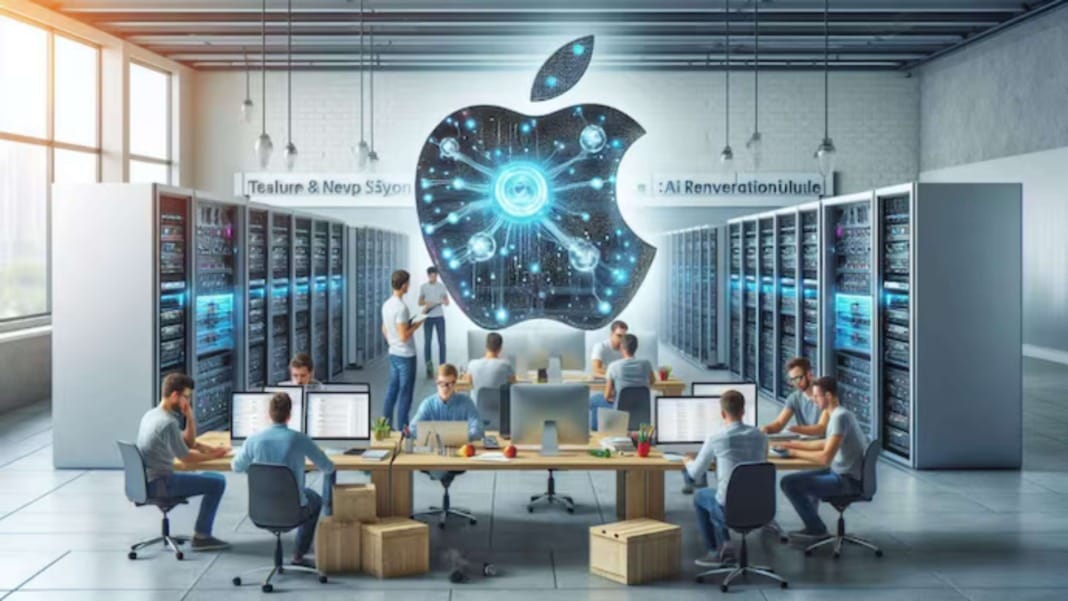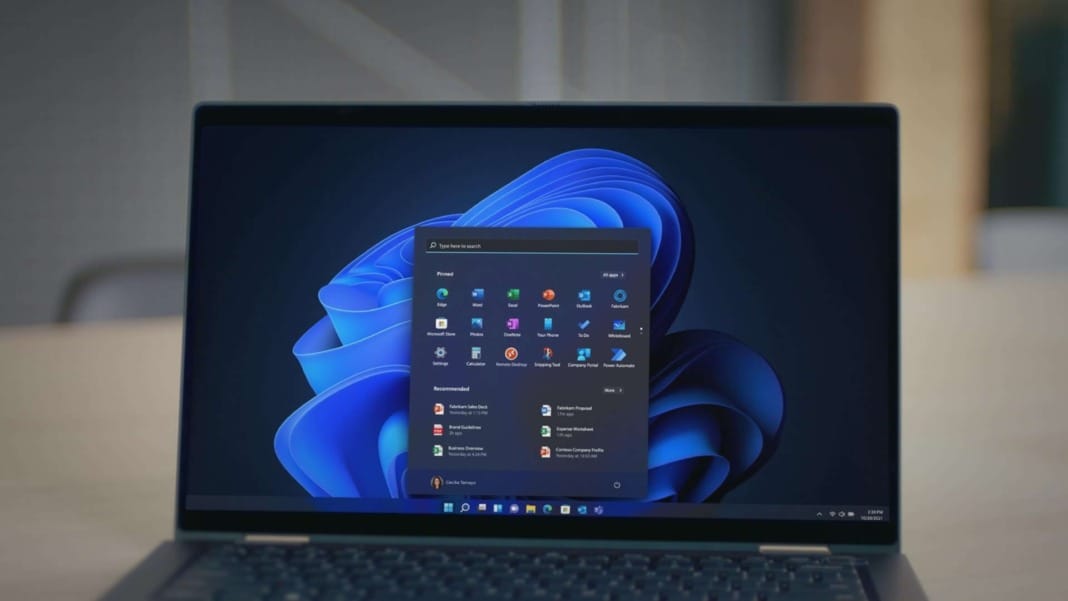In an ambitious move, Apple is gearing up to harness the potential of generative AI by employing its powerful M2 Ultra chips in cloud servers. This strategic deployment is expected to handle more complex AI tasks before the technology transitions to the advanced M4 chips.
Apple’s dual approach to AI processing
According to Bloomberg, Apple’s initiative will see the M2 Ultra chips take on heavier AI computations in data centres, while simpler operations will be managed directly on devices. This approach ensures a balanced processing workload, capitalising on the robust capabilities of the M2 Ultra. Previously, The Wall Street Journal highlighted Apple’s plans under Project ACDC, or Apple Chips in Data Centre, aiming to develop custom chips for enhanced security and privacy in cloud-based operations. However, reassessments have led Apple to leverage its existing processors, which are already equipped with robust security features.
Expansion and innovation in AI technology
Apple is not just focusing on hardware but is also actively involved in AI research and development. Although trailing behind giants like Google, Meta, and Microsoft in generative AI speed, Apple is making significant strides. In December, its machine learning research team unveiled MLX, a new framework designed to optimise AI model efficiency on Apple silicon. This innovation, among others, indicates Apple’s direction in integrating AI more deeply into its ecosystem, potentially enhancing services such as Siri.
Furthermore, Apple is expanding its infrastructure to support these advancements. The company operates multiple data centres across the United States and is developing a new facility in Waukee, Iowa, as announced back in 2017. This expansion not only underscores Apple’s commitment to AI but also its strategy to maintain control over the operational aspects of its technology deployments.
In its latest announcements, Apple highlighted the extraordinary capabilities of its upcoming M4 chip, particularly its neural engine, described as “an outrageously powerful chip for AI.” This statement not only reflects Apple’s confidence in its technological advancements but also sets the stage for future innovations that could redefine user interactions with Apple devices.





